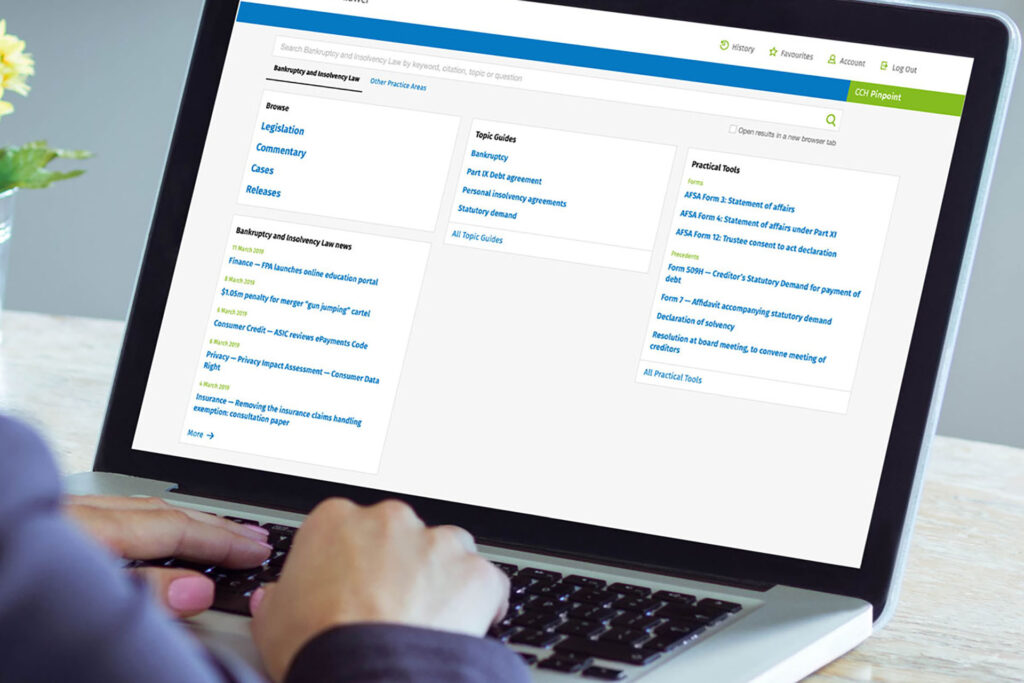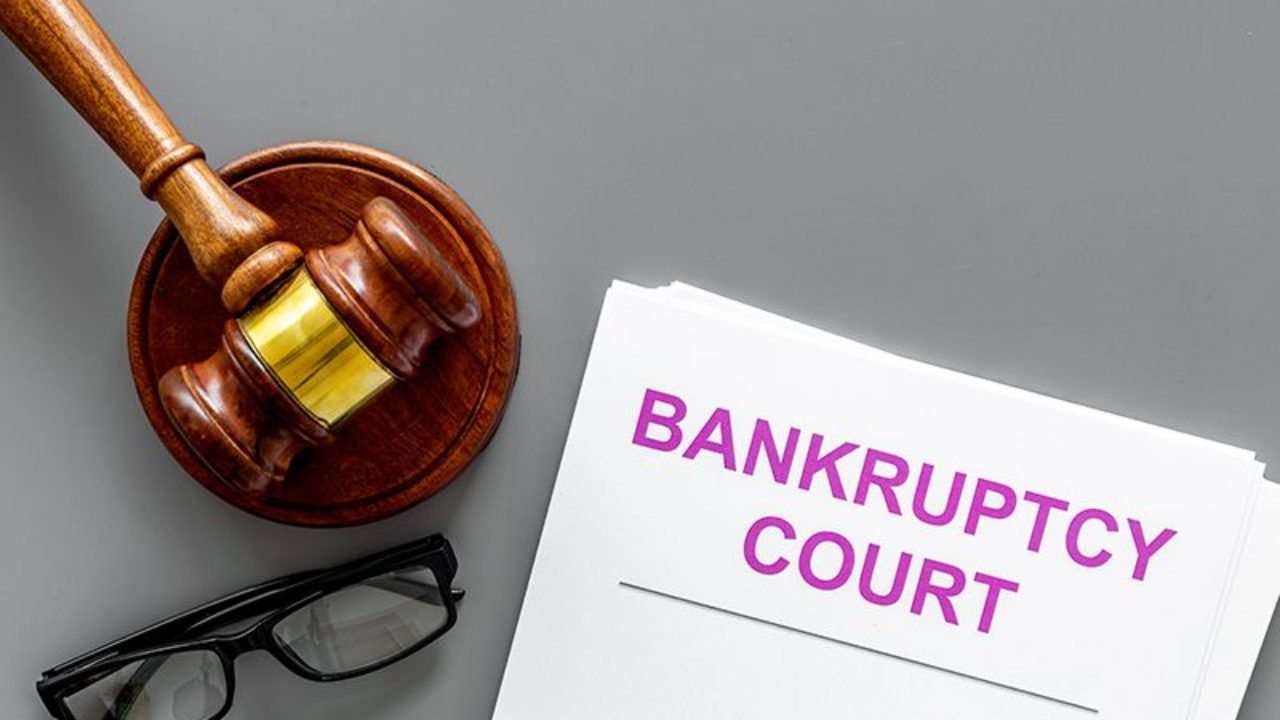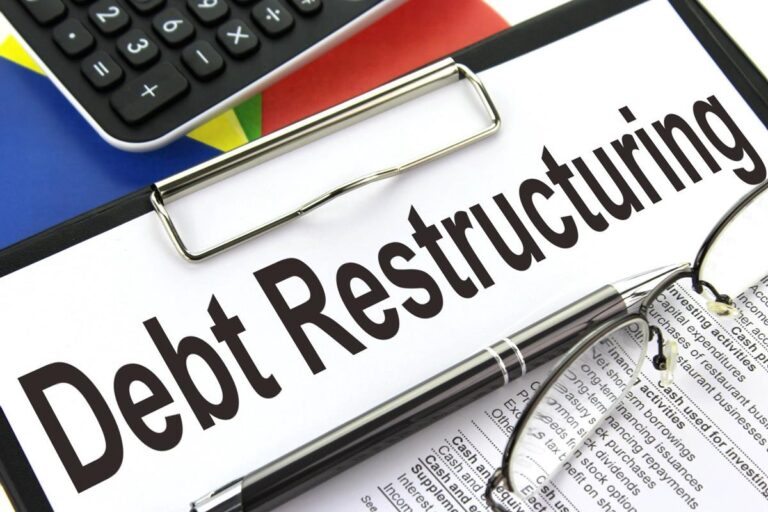Resolving Debt Dilemmas: The Expertise of Insolvency Lawyers Unveiled
We all encounter financial challenges at some point in our lives. Whether it’s due to unexpected medical expenses, job loss, or poor financial decisions, finding ourselves in a debt dilemma can be overwhelming. When faced with mounting debts and legal complexities, it’s essential to seek professional help to navigate through the process. This is where insolvency lawyers come into play. In this article, we will delve into the expertise of insolvency lawyers and how they can assist in resolving your debt dilemmas.
Understanding the Role of Insolvency Lawyers
Insolvency lawyers specialize in the legal aspects of financial distress and debt resolution. They possess in-depth knowledge of the legal framework surrounding insolvency and restructuring, enabling them to guide you through the complex proceedings. By understanding the role of insolvency lawyers, you can make informed decisions about whether to seek their assistance.
The Legal Framework of Insolvency
Insolvency law governs the resolution of debt dilemmas. It outlines the legal processes and procedures that individuals and businesses must adhere to when facing financial distress. Insolvency lawyers are well-versed in this framework and can interpret and apply it to your specific situation.
When it comes to the legal framework of insolvency, there are various aspects that need to be considered. One important aspect is the distinction between personal and corporate insolvency. Personal insolvency refers to the financial distress faced by individuals, while corporate insolvency deals with the financial difficulties of businesses. Insolvency lawyers have a deep understanding of the different laws and regulations that apply to each situation, ensuring that they can provide tailored advice and guidance.
Another crucial element of the legal framework is the different types of insolvency procedures that can be initiated. These procedures include bankruptcy, individual voluntary arrangements (IVAs), and company voluntary arrangements (CVAs), among others. Insolvency lawyers are well-versed in the intricacies of these procedures and can help you navigate through them effectively.
See Also: Insights from Insolvency Lawyers

Key Responsibilities of Insolvency Lawyers
Insolvency lawyers have a broad range of responsibilities when helping clients resolve their debt dilemmas. They analyze your financial situation, assess the viability of various debt resolution options, and devise a strategy tailored to your needs. Additionally, they negotiate with creditors on your behalf, aiming to achieve the most favorable outcome.
One of the primary responsibilities of insolvency lawyers is to conduct a comprehensive analysis of your financial situation. This analysis involves examining your assets, liabilities, income, and expenses to gain a clear understanding of your financial position. By doing so, they can determine the most appropriate debt resolution options available to you.
Once they have assessed your financial situation, insolvency lawyers will evaluate the viability of different debt resolution options. These options may include debt consolidation, debt restructuring, or bankruptcy, depending on your circumstances. They will carefully consider the advantages and disadvantages of each option and provide you with expert advice on the best course of action.
In addition to analyzing and evaluating your financial situation, insolvency lawyers play a crucial role in negotiating with creditors. They have extensive experience in dealing with creditors and are skilled in negotiating favorable terms on your behalf. Their aim is to reach a debt resolution agreement that is beneficial to both parties involved.
Furthermore, insolvency lawyers provide ongoing support and guidance throughout the entire process. They ensure that you understand your rights and obligations, and they keep you informed about the progress of your case. Their expertise and knowledge of the legal framework surrounding insolvency are invaluable in helping you navigate through the complexities of the proceedings.
The Process of Resolving Debt Dilemmas
Resolving debt dilemmas is a multifaceted process that requires careful consideration and planning. Insolvency lawyers guide you through each step, ensuring that you make informed decisions and take appropriate action. Let’s dive deeper into the process and explore the various stages involved.
Initial Consultation and Assessment
During the initial consultation, insolvency lawyers gather information about your financial situation, including outstanding debts, income, and assets. This comprehensive assessment helps them understand the severity of your financial distress and enables them to determine the most suitable course of action.
At this stage, the insolvency lawyers may also inquire about any legal actions or collection efforts that have been taken against you. This information is crucial in developing a strategy that can effectively address your debt dilemmas.
Formulating a Debt Resolution Strategy
Based on their assessment, insolvency lawyers develop a debt resolution strategy tailored to your unique circumstances. This strategy takes into account various factors such as the amount of debt, your income, and your long-term financial goals.
The lawyers carefully analyze your financial situation to identify potential areas of improvement. They may suggest budgeting techniques, expense reduction strategies, or alternative sources of income to help you regain control over your finances.
Furthermore, the lawyers consider the legal implications of each potential solution. They evaluate the pros and cons of options such as negotiations with creditors, debt restructuring, or filing for bankruptcy. This thorough analysis ensures that the chosen strategy aligns with your best interests and legal requirements.
Negotiating with Creditors
One of the crucial roles of insolvency lawyers is to negotiate on your behalf with creditors. They aim to reach agreements that are mutually beneficial, advocating for reduced interest rates, extended payment terms, or debt forgiveness where applicable.
During the negotiation process, the lawyers leverage their expertise and knowledge of debt laws to protect your rights and interests. They engage in open and transparent discussions with creditors, presenting your financial situation and highlighting any extenuating circumstances that may have contributed to your debt dilemmas.
Through effective communication and negotiation skills, the lawyers strive to find common ground that allows for a fair and manageable resolution. They explore alternative payment options, propose feasible repayment plans, and seek to minimize the financial burden on you while ensuring that creditors receive a reasonable return on their investments.
It is important to note that negotiation outcomes may vary depending on the specific circumstances of each case. However, the insolvency lawyers are committed to advocating for the best possible outcome for you, considering both short-term relief and long-term financial stability.
In conclusion, the process of resolving debt dilemmas involves a comprehensive assessment of your financial situation, the formulation of a tailored debt resolution strategy, and skillful negotiation with creditors. Insolvency lawyers play a crucial role in guiding you through each step, providing expert advice and support to help you overcome your debt challenges and regain control of your financial future.

The Benefits of Hiring an Insolvency Lawyer
Now that we have explored the process of resolving debt dilemmas, let’s delve into the benefits of hiring an insolvency lawyer. Seeking professional legal help can make a significant difference in the outcome of your debt resolution journey.
Legal Protection and Representation
When dealing with creditors and navigating complex legal processes, having an insolvency lawyer by your side provides invaluable protection and representation. They ensure that your rights are upheld and defend your interests throughout the proceedings.
Imagine this scenario: you have been struggling with mounting debts, and your creditors are becoming increasingly aggressive in their collection efforts. You are overwhelmed and unsure of how to navigate the legal complexities surrounding insolvency. In steps your insolvency lawyer, armed with their knowledge and expertise. They act as a shield, protecting you from the relentless harassment of creditors and ensuring that your rights are respected.
Furthermore, an insolvency lawyer understands the intricacies of the legal system and can effectively represent you in court if necessary. They have the expertise to negotiate with creditors on your behalf, aiming for a favorable outcome that aligns with your financial goals.
Expert Advice and Guidance
Insolvency lawyers possess a deep understanding of the intricacies surrounding debt resolution. They can provide you with expert advice and guidance, enabling you to make informed decisions that align with your long-term financial goals.
Picture this: you are faced with multiple options for resolving your debt, such as filing for bankruptcy or entering into a debt repayment plan. Each option has its own pros and cons, and making the wrong choice could have long-lasting consequences. This is where an insolvency lawyer becomes an invaluable asset.
With their extensive knowledge of insolvency laws and regulations, an insolvency lawyer can analyze your unique financial situation and provide you with tailored advice. They can explain the potential consequences of each option, helping you understand the short-term and long-term implications. Armed with this information, you can confidently make decisions that will set you on the path to financial recovery.
Stress Reduction and Peace of Mind
The burden of debt dilemmas can take a toll on your mental and emotional well-being. By entrusting your case to an insolvency lawyer, you can alleviate some of the stress and gain peace of mind, knowing that a capable professional is handling your financial matters.
Imagine the weight that is lifted off your shoulders when you no longer have to deal with relentless phone calls from creditors or the fear of legal action. With an insolvency lawyer taking charge of your case, you can focus on rebuilding your life and moving towards a brighter financial future.
Moreover, an insolvency lawyer can provide reassurance during a time of uncertainty. They can explain the legal processes involved in resolving your debt, keeping you informed every step of the way. This transparency and open communication can provide a sense of control and peace of mind, knowing that you are not alone in your journey towards financial stability.

Common Misconceptions about Insolvency Lawyers
Now, let’s clear up some common misconceptions about insolvency lawyers. These misconceptions often stem from a lack of understanding and can hinder people from seeking the help they need.
Debunking the Myths
Contrary to popular belief, insolvency lawyers are not miracle workers who can make all your debts disappear. Their role is to guide and assist you in the legal aspects of debt resolution, offering realistic solutions based on your circumstances.
The Reality of Working with Insolvency Lawyers
Working with insolvency lawyers requires collaboration and transparency. You must provide accurate and thorough information about your finances to enable them to devise the most effective debt resolution strategy for you. Open communication between you and your lawyer is essential throughout the process.
Choosing the Right Insolvency Lawyer
Now that you understand the importance of insolvency lawyers, how do you choose the right one for your needs? Consider the following factors when selecting a professional to represent you in your debt resolution journey.
Factors to Consider
When choosing an insolvency lawyer, consider their experience, expertise, reputation, and track record of successful debt resolution cases. Look for someone who aligns with your goals and communicates effectively.
Questions to Ask Potential Lawyers
During the selection process, ask potential insolvency lawyers about their approach to debt resolution, their fees, and the timeline for resolving your debts. Additionally, inquire about their communication style and how they will keep you informed throughout the process.
In conclusion, when it comes to resolving debt dilemmas, the expertise of insolvency lawyers is invaluable. By understanding their role and the process they follow, you can make informed decisions about seeking their assistance. Hiring an insolvency lawyer provides legal protection, expert advice, and peace of mind. Clearing up common misconceptions about insolvency lawyers allows you to approach debt resolution with a realistic mindset. Selecting the right insolvency lawyer requires careful consideration and asking relevant questions. With their expertise and guidance, you can navigate the complex world of debt resolution and pave the way to financial stability.


